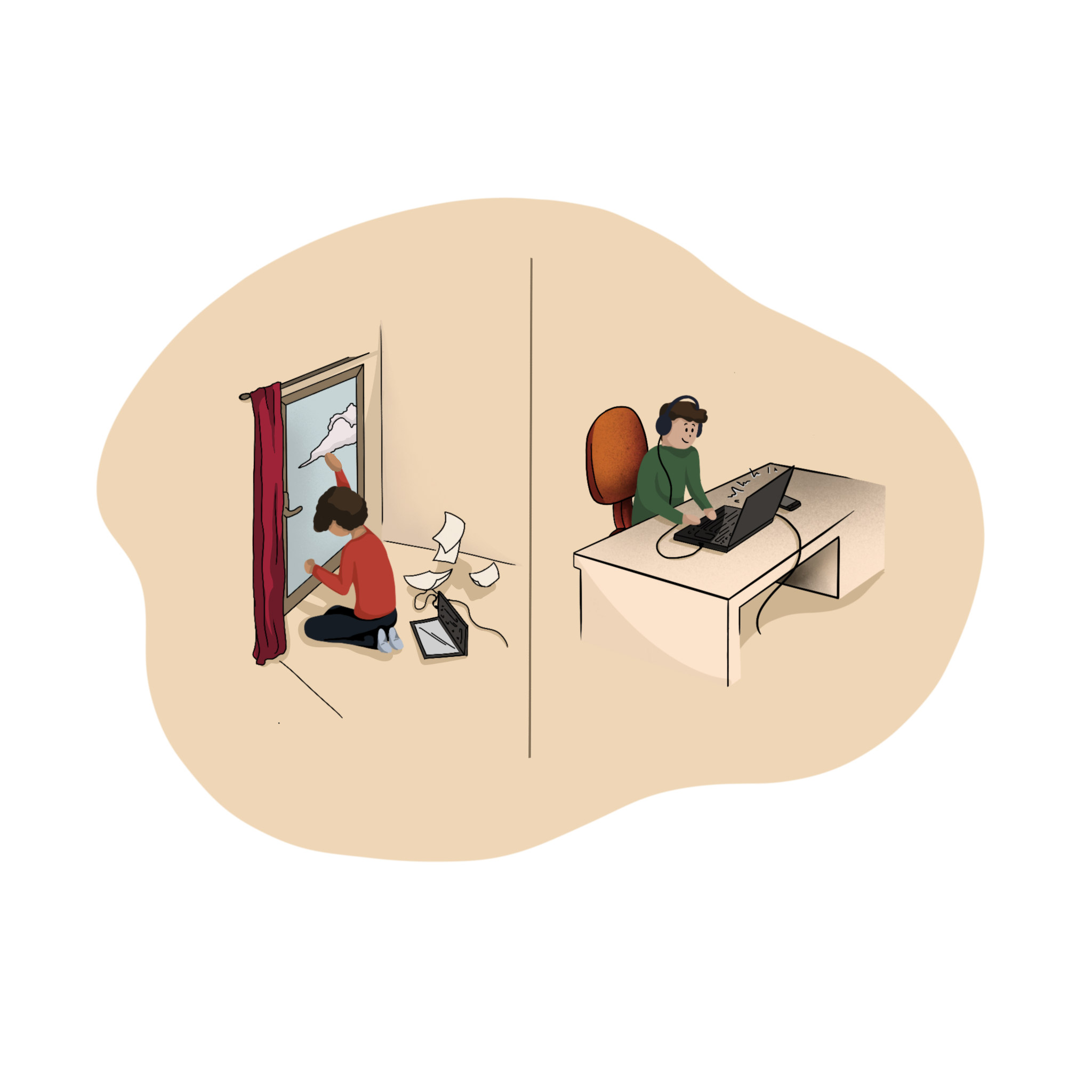
Working Remotely: The Introvert’s Dream and The Extrovert’s Nightmare
The COVID-19 pandemic resulted in a significant change in the way we work. With the swap to fully remote working, the workforce split into introverts who rejoiced in their newfound peaceful freedom and extroverts who were itching to return to the office. With the decline in COVID-19 cases, companies are trying to create a new normal that considers the needs of both introverts and extroverts. Our team of specialised recruiters at GCS Malta discuss this new recruiting challenge in this article.
Why do introverts love working remotely while extroverts despise it?
The main challenge introverts face is their co-workers’ misconceptions. Introverts are considered antisocial and arrogant, but that is not the case. In terms of working from the office, successful businessman Richard Etienne claims that:
The workplace was created by extroverts, for extroverts
This reasoning explains why extroverts flourish at the office and introverts suffer since the traditional office is designed for social interaction where extroverted traits such as charisma and outgoingness are rewarded.
The main difference between introverts and extroverts is how they recharge their energy. While introverts recharge by spending time alone away from people, extroverts get energised by interacting with other people. This is the main reason why introverts love working remotely.
Challenges introverts and extroverts face when working remotely
|
Introverts |
Extroverts |
|
combating misconceptions |
lack of social interaction |
|
overcoming shyness |
decrease in productivity |
|
feeling overwhelmed with calls |
Monotonous routine |
Four types of employees
According to a study done by The Martec Group, employers who are still unsure about how to proceed need to consider how each group will react if or when they are brought back into the office:
- Thriving remote workers (16% of respondents) – This group is the most introverted and loves working from home. Employers might see a decrease in productivity if this group is returned to the office.
- Hopeful remote workers (25% of respondents) – Had the highest company satisfaction but still preferred to work at the office due to lack of social interaction.
- Discouraged remote workers (27% of respondents) – This group is the most extroverted and least satisfied with working remotely, with significant mental health decline.
- Trapped remote workers (32% of respondents) – Had the lowest company satisfaction and mental health decline among the four groups.
Organisations need to consider every group and cater to the various needs of each type of worker. Most companies are opting for a hybrid approach to foster a company culture while allowing more flexibility and a healthier work-life balance.
Why GCS Malta?
At GCS Malta, our exceptional recruitment department can find the ideal job for you – whether you are an introvert or extrovert. Check out our vacancies here. Our specialised recruiters can provide a quick and cost-effective service for other recruitment matters. Contact us today for more information.
Article by Sarah Jane Gauci